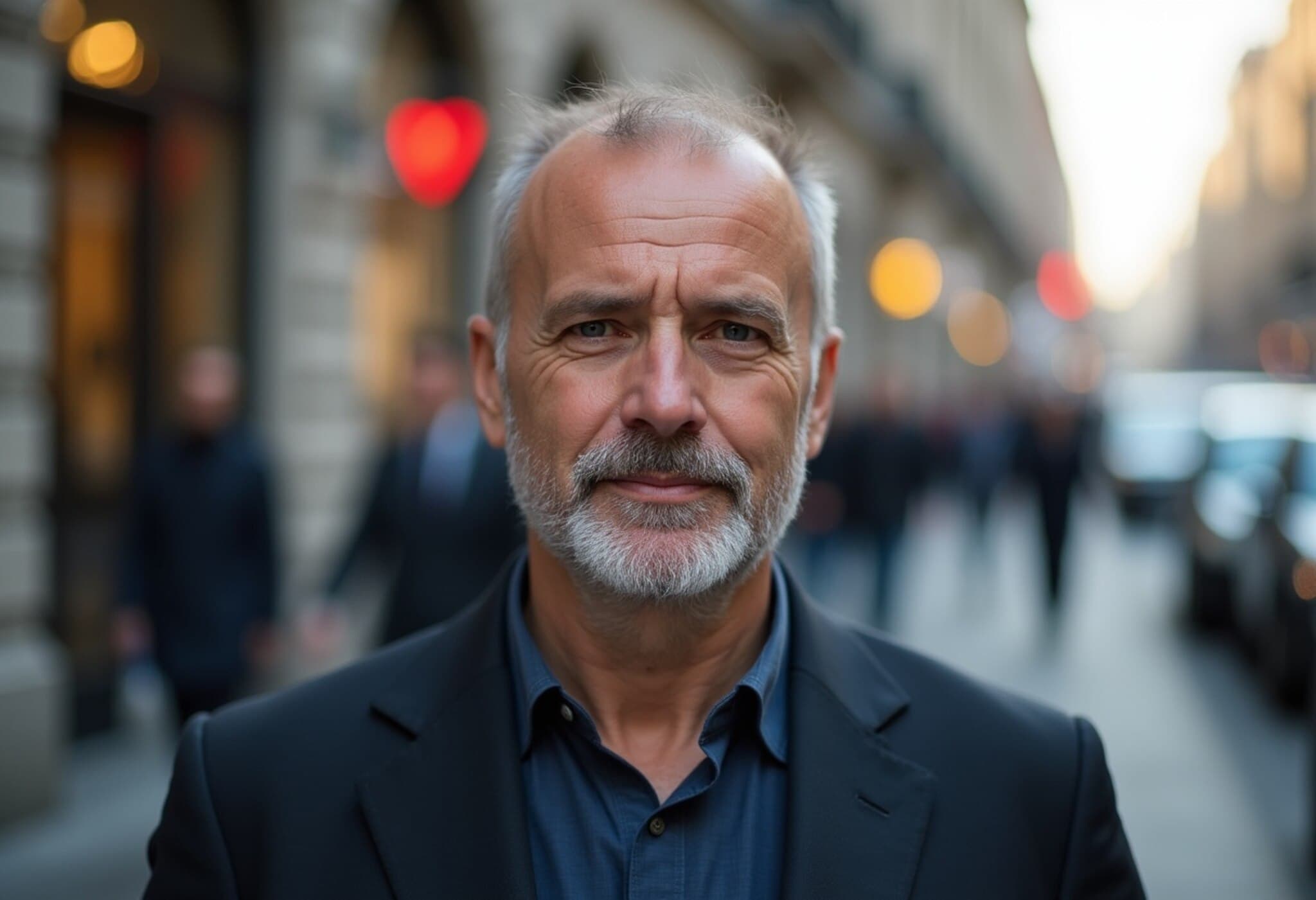British Man Dies Shortly Before Hair Transplant at Renowned Turkish Clinic
In a tragic and unexpected incident, Martyn Latchman, a 38-year-old British man from Milton Keynes, passed away in Istanbul before undergoing his scheduled hair transplant procedure at the Dr. Cinik Clinic. The clinic, famed for performing over 70,000 hair transplants and serving high-profile clients including international football stars, confirmed that Latchman fell ill during the preparatory stage prior to surgery and later died that same day.
Details of the Incident and Immediate Medical Response
According to a statement released by Dr. Cinik Clinic, all necessary medical evaluations—including blood work, chest X-rays, and ECG—were thoroughly completed under the supervision of an anesthesiologist, and Mr. Latchman was cleared for surgery. However, before the procedure commenced, he became suddenly ill for unknown reasons. The clinic assures that emergency care was promptly administered before transferring him to a nearby university hospital where intensive care efforts continued throughout the day. Despite these measures, Mr. Latchman tragically passed away in the evening.
Background and Personal Context
Mr. Latchman had traveled to Turkey seeking a second hair transplant, valued at approximately £1,500 (Rs 1.73 lakh), having undergone a similar procedure at the Dr. Cinik Clinic the previous summer. Professionally, he had dedicated 16 years as a teacher, including leadership roles such as assistant headteacher and head of computer science at Goldington Academy in Bedford, before recently moving into defence contracting. Originally from Bridgend, South Wales, his family and friends expressed profound grief and paid heartfelt tributes on social media, highlighting the lasting inspiration he was to those close to him.
Official Investigations and Diplomatic Support
The sudden nature of Mr. Latchman’s death has prompted Turkish police to launch a formal investigation to establish the medical cause and examine all circumstances surrounding the incident. The clinic has confirmed that all medical records have been shared with authorities, emphasizing respect for the family's privacy during this ongoing legal process.
The UK Foreign, Commonwealth & Development Office has acknowledged the case, stating: "We are supporting the family of a British man who died in Turkey and are in contact with local authorities."
Context: Medical Tourism and Risks in Turkey
Turkey has emerged as a global hotspot for medical tourism, particularly for hair transplants, due to its competitive prices and acclaimed clinics. This incident sheds light on the critical need for rigorous safety protocols and transparent medical assessments for international patients pursuing elective cosmetic procedures abroad. It also raises broader questions about regulatory oversight and the responsibilities of clinics catering to an increasingly global clientele.
Expert Commentary: Navigating Medical Tourism Safely
Dr. Sarah Henderson, a medical tourism expert based in the UK, notes: "While many clinics in Turkey are reputable and deliver excellent results, patients must conduct thorough due diligence and prioritize clinics with verifiable safety records. Sudden medical emergencies, even before elective procedures, remind us that international surgery carries inherent risks that should never be underestimated."
Remembering Martyn Latchman
Beyond the clinical facts, Martyn Latchman's passing is a poignant reminder of the personal stories behind headlines. His journey—from educator to defence contractor, and from his hometown in Wales to a clinic thousands of miles away—reflects the lengths people go for confidence and self-image. His family’s grief and the outpouring of support underscore the human cost behind medical tourism's booming industry.
Editor’s Note
This somber case prompts reflection on the booming sector of medical tourism, especially popular elective procedures like hair transplants in Turkey. It urges patients and policymakers alike to consider safety protocols, emergency preparedness, and transparent communication as foundational pillars. For British and international travelers, informed decision-making and awareness of medical risks abroad are essential to safeguard health—and, ultimately, lives.











